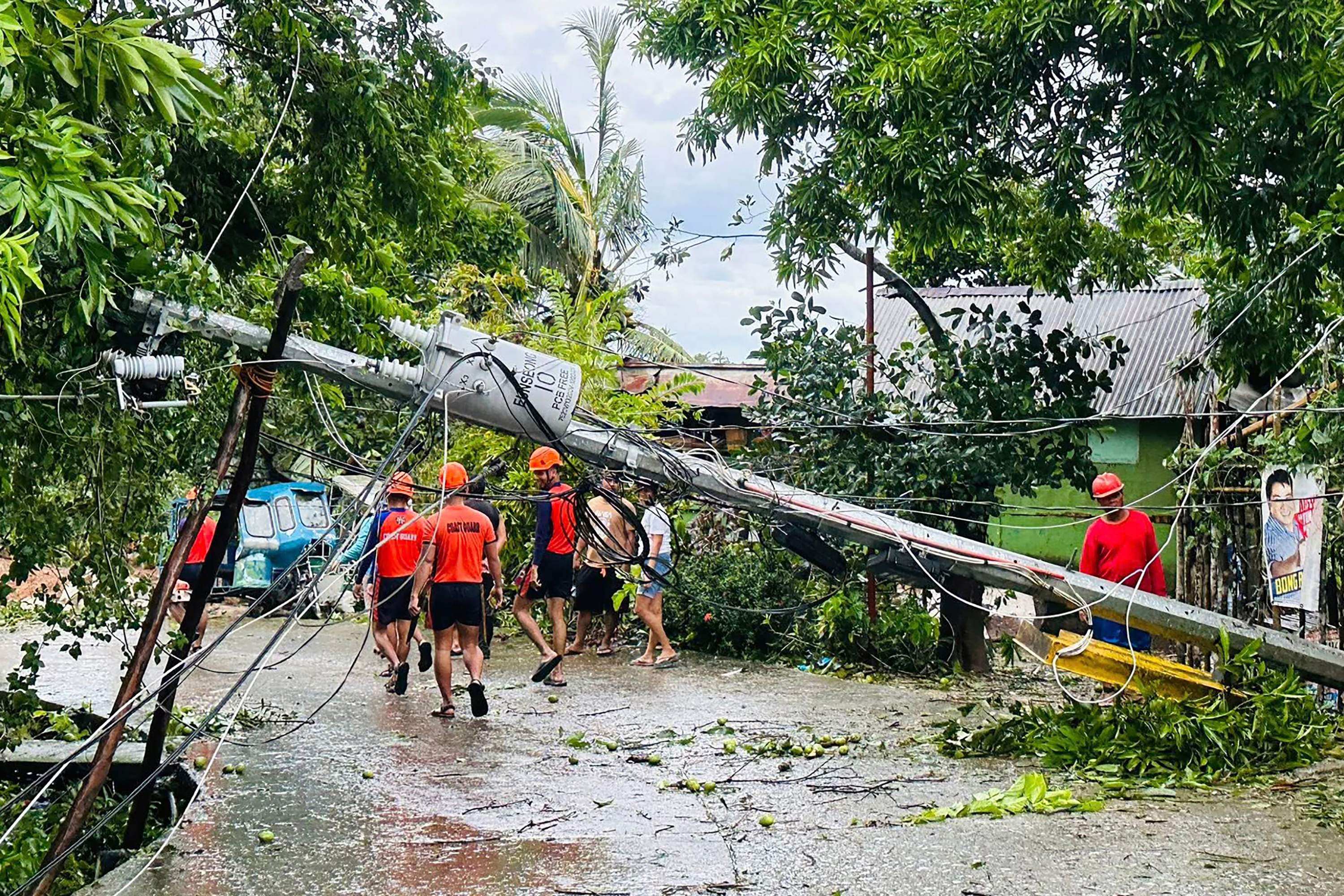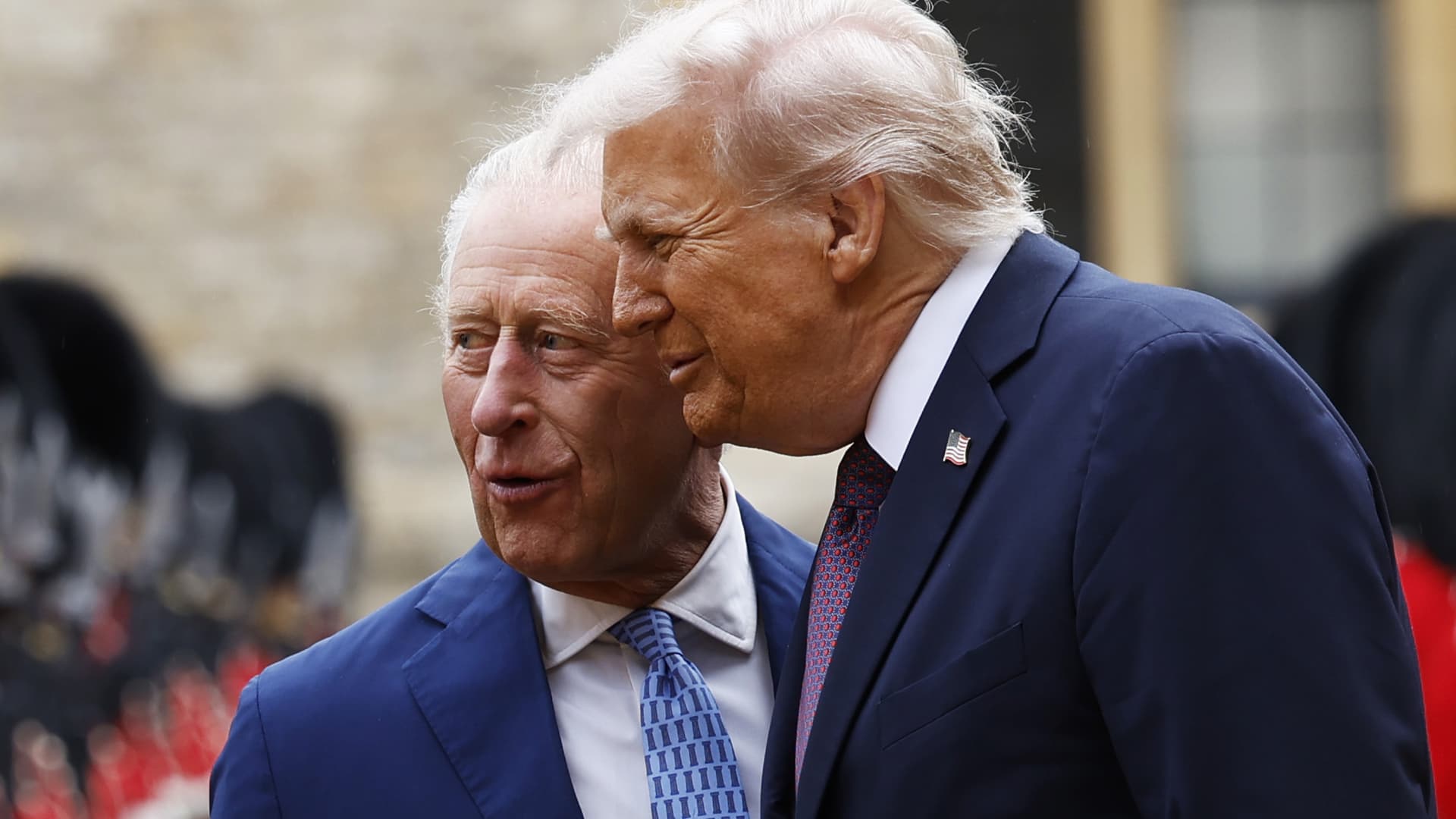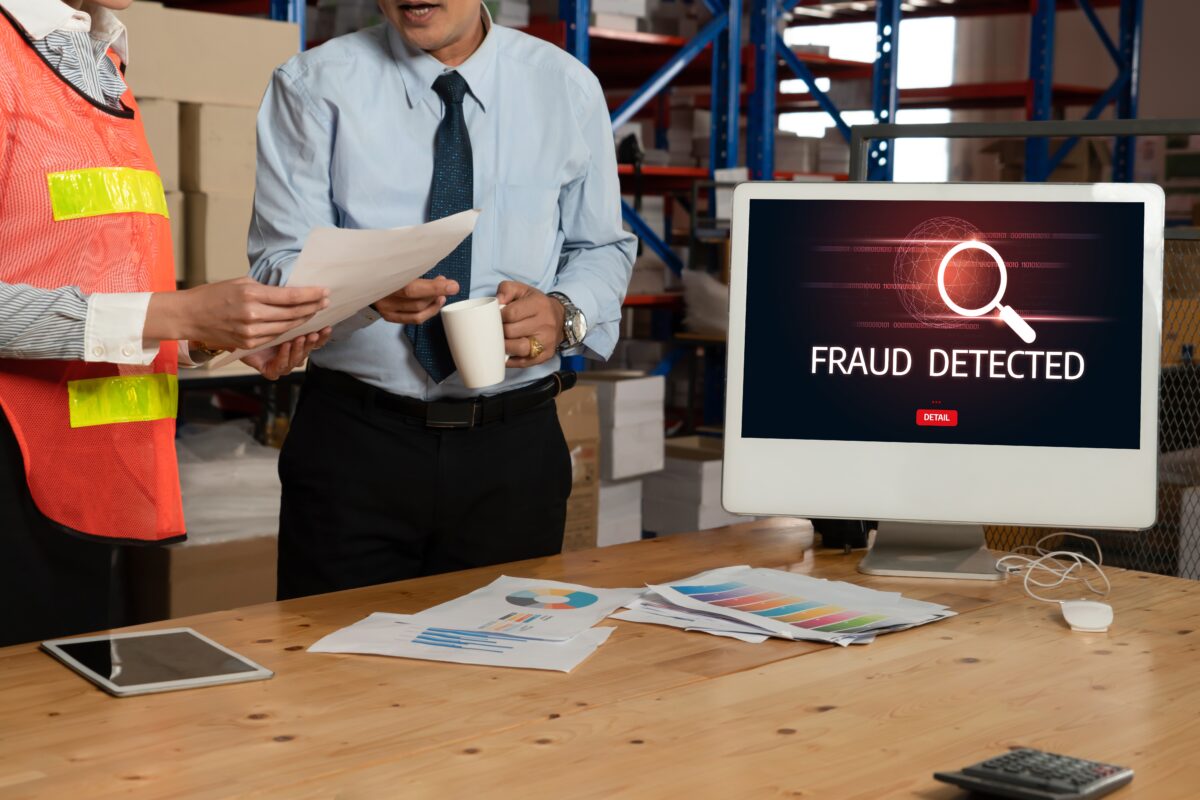By Aidan Jones
Copyright scmp

As the milestones to limit global heating crumble and America – the world’s second-largest consumer of fossil fuels – abandons climate goals, policymakers from Asia have gathered at Bangkok’s Climate Action Week to discuss ways people can protect their region from the coming storm.
Climate scientists have warned global temperatures are likely to exceed the 1.5 degree Celsius rise above pre-industrial levels at some point over the coming five years.
That is well on track to hit 2 degrees, established by the Intergovernmental Panel on Climate Change as the marker before a point where catastrophic climate change fundamentally changes human life.
In Bangkok this week, experts shared Asia’s new and alarming metrics of climate change.
More than 100,000 people in Japan were sent to hospital this summer (May to September) with heat stroke, according to its Fire and Disaster Management Agency – a record number.
Sixteen typhoons so far have hit the Philippines where shrinking cacao yields caused by drought and floods threaten chocolate supply, while the World Bank warned Thailand could lose between 7 and 14 per cent of its GDP by 2050 to “floods, heat stress, water shortages and coastal erosion”.
But delegates also said the new reality had sharpened thinking over solutions to – and ways to mitigate – the impact of the climate crisis.
Those include lobbying to ensure the race for rare earths crucial for artificial intelligence chips and electric vehicle batteries do not become a “resource curse”, to a reality check on the expectations of the speed of transition away from fossil fuels.
“When we talk about climate action it is often dominated by big corporates,” Bangkok Governor Chadchart Sittipunt told This Week in Asia, urging the need to get beyond the “slogans” of change.
“Ordinary people often feel it is irrelevant to them; we are helping raise awareness of these crucial issues – but also that people’s action, not just big corporates, are part of the solution.”
For Southeast Asia, continued addiction to heavily polluting fossil fuels to power its industry is holding back bold ambitious goals to go carbon neutral.
But experts say the winds are changing, in part thanks to US President Donald Trump’s unleashing of America’s fossil fuel giants under his “drill baby drill” mantra, that critics warn denies the climate crisis in favour of private profit.
“We see the political turbulence that is happening,” said Putra Adhiguna, of the Energy Shift Institute.
“Now we are reaching a more mature discussion on where opportunity lies. Over the last five years, everyone was obsessed with big numbers, but I think the next five years will be ‘let’s get to those smaller numbers’ so we can deliver on them.”
The challenges for the region are mounting, including those caused by US tariffs on Chinese solar panels – many of them made in cheaper Southeast Asian factories.
But the buffeting between bigger economic forces should help Southeast Asia decide whether to really wean itself off dirty fuels and invest in renewable technology – and not only for export, Putra added.
“We are at a juncture. The region needs to decide if it is going to go forwards,” he said.
Thai lawmaker Supachot Chaiyasat of the opposition People’s Party said his country’s problem was the economic power of state-owned utilities, whose monopoly on buying energy and grid access had slowed the take-up of solar in a sun-blistered country.
“The market structure is the wrong thing,” he said. “We need to ask, does it still align with the energy context of the moment? Does it block the new type of energy use? People have solar rooftops but the market form blocks renewable energy.”
A World Bank report released on Friday said Thailand should redouble efforts to go carbon neutral by 2050 to avoid extreme economic damage from the climate crisis.
“Thailand’s future competitiveness will hinge on reducing the emission intensity of its economy and shifting production towards greener goods and services – steps that can create new industries, generate high-quality jobs, and keep Thailand attractive to investors in a low-carbon world,” said Melinda Good, World Bank division director for Thailand and Myanmar.
Bangkok Climate Action Week, which ends on Sunday, has seen scores of events, including biodiversity walks and talks on urban resilience, film screenings and music. The Thai capital is the first in Southeast Asia to host the regional gathering, following editions in London, Sydney and New York.



